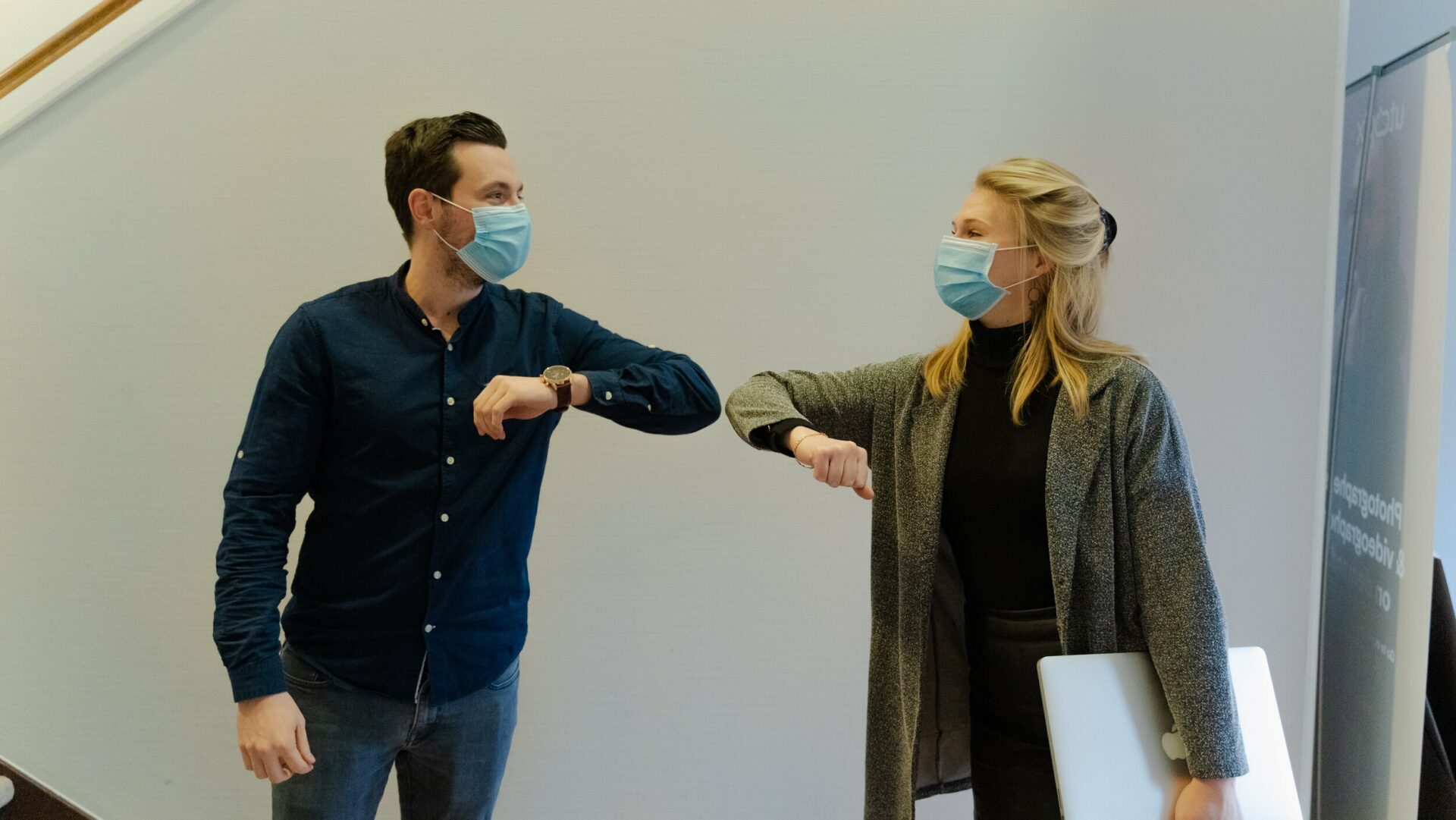
Even though California reopened on June 15, 2021, California employers, in many instances, must continue to require all employees to wear face masks at work – at least for now. Changes are coming, but not until at least June 28, 2021.
On June 11, 2021, California’s Occupational Safety and Health Standards Board (the “Board”) released its latest set of proposed revisions to the Division of Occupational Safety and Health’s (“Cal/OSHA”) COVID-19 Emergency Temporary Standards (“Revised ETS”). The Board will vote on the Revised ETS at its June 17, 2021 Board meeting and then the Revised ETS will be submitted to the Office of Administrative Law (“OAL”) for final approval. If approved, the Revised ETS will take effect on or around June 28, 2021. Until this approval process is completed, the current ETS – which requires face coverings at work – remains in effect.
The Revised ETS is a change to align Cal/OSHA COVID-19 requirements with the latest guidance from the California Department of Public Health (“CDPH”) and Centers for Disease Control (“CDC”).
The Revised ETS makes the following changes to workplace COVID-19 safety protocols:
Fully Vaccinated Employees Do Not Have to Wear Face Coverings Indoors: In line with the latest guidance from CDC and CDPH, the Revised ETS does not require “fully vaccinated” employees to wearing face coverings indoors. Employees who are not fully vaccinated will still be required to wear face coverings while indoors.
Physical Distancing Requirement Removed: The Revised ETS eliminates any physical distancing requirements.
“Exposed Group” Instead of “Exposed Workplace” for COVID-19 Exposures: A COVID-19 exposure will now be drawn along the lines of the “Exposed Group,” defined as “all employees at a work location, working area, or a common area at work, where an employee COVID-19 case was present at any time during the high-risk exposure period.” The Revised ETS’ reference to “employees” does not refer to only to a worker’s payroll status. Instead, the Revised ETS specifies that “[a]n exposed group may include the employees of more than one employer.”
Employers Will Need to Have Respirators Available: The Revised ETS requires that “[u]pon request, employers shall provide respirators for voluntary use in compliance with [Cal/OSHA’s Respiratory Protection Standard] to all employees who are not fully vaccinated and who are working indoors or in vehicles with more than one person.” Employers are required to provide respirators if requested by an employee, but not to mandate use of a respirator.
Vaccination Documentation: The Revised ETS’ definition of “Fully Vaccinated” requires that the employer have documentation of vaccinations in order for employees to claim fully vaccinated statue.
Clarification on Testing for Minor and Major Outbreaks: The Revised ETS clarifies an employer’s COVID-19 testing obligations by limiting those who need to be tested to those within the “Exposed Group” (as defined above). For minor outbreaks, the Revised ETS now exempts from the testing group: (1) “[e]mployees who were fully vaccinated before [the testing provisions of the Revised ETS] became applicable to the workplace and who do not have COVID-19 symptoms,” (2) “COVID-19 cases who did not develop COVID-19 symptoms after returning to work . . . for 90 days after the initial onset of COVID-19 symptoms,” and (3) “COVID-19 cases who never developed symptoms, [for] 90 days after the first positive test.” For major outbreaks, employers need to test “all employees in the exposed group, regardless of vaccinated status.”
The attorneys at Freeburg & Granieri, APC are here to help employers navigate these difficult and changing workplace regulations. Please contact Freeburg & Granieri, APC today to make sure that your business is in compliance with California law.
Our clients become friends, confidants, and repeat customers. Former clients are our best referral source.
Do not be a commodity, find an attorney who treats your legal issue with the care it deserves.

